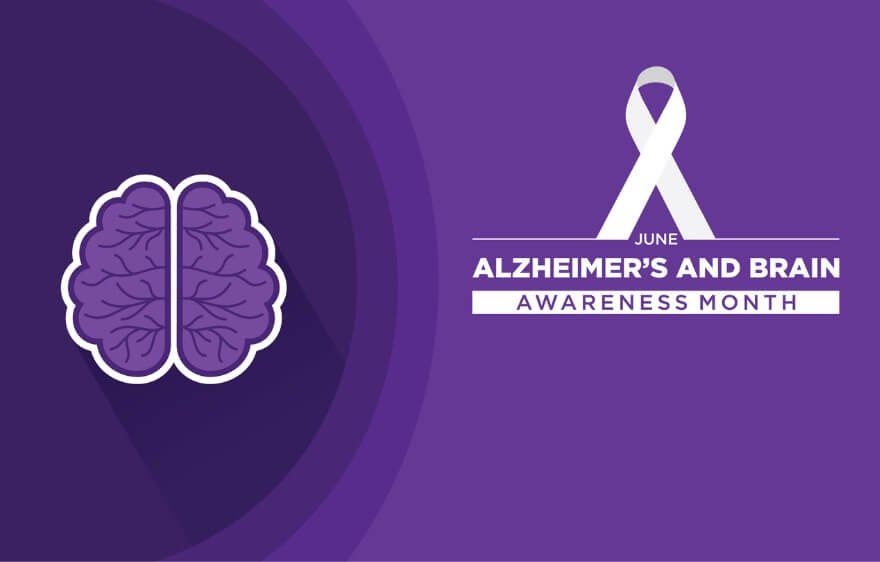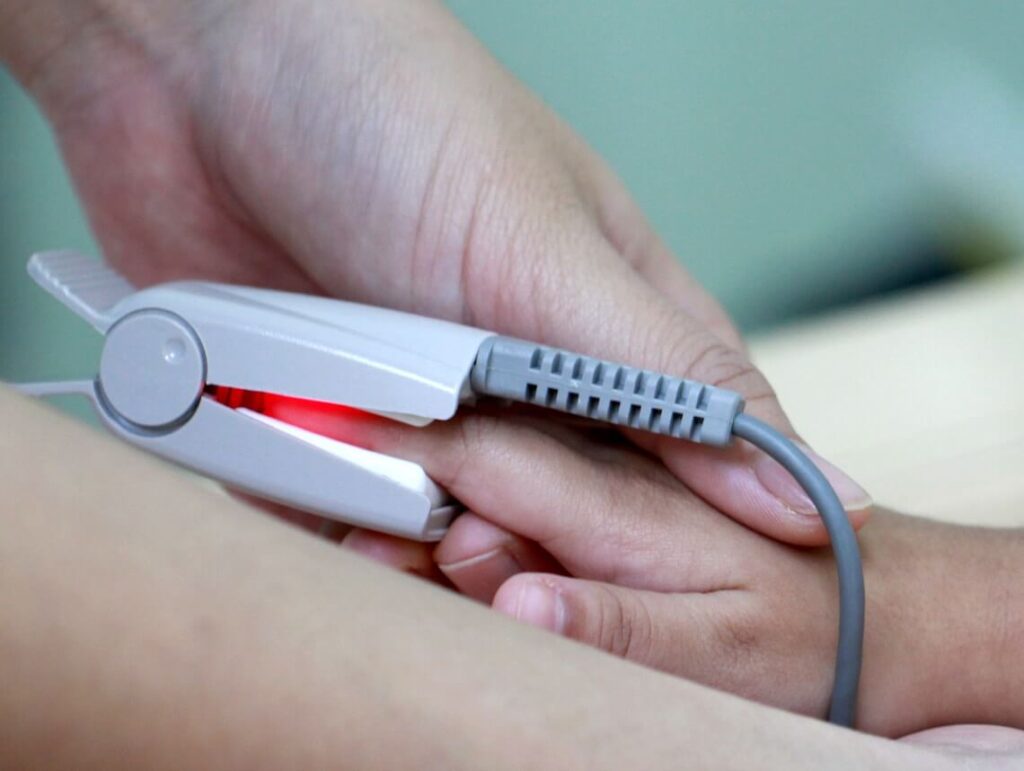Taking a multigenerational approach to your care relationship with your elderly parent can be one of the most beneficial decisions that you can make during this journey.
What Is Multigenerational Care?
Multigenerational care is all about integrating both your children and your aging parent into the care experiences of the other, focusing on care and life as a family rather than individual activities always focused on one generation or purpose.
This style of care helps to reduce the stress and tension in your life, giving you more time with everyone who needs you and enabling you to feel as though you are giving more of yourself to both generations.
The Benefits of Multigenerational Care
The benefits of multigenerational care do not stop just as how much better you can care for your loved ones when you have more time. It is also about how the generations can benefit from each other.
When you make the conscious decision to include your children in the care of your parent, and your parent in the care of your children, you are allowing all of your loved ones to make a difference in each other’s lives. This not only improves quality of life for the moment but also creates memories that your children and your parent can cherish in the future.
One time when multigenerational care can be especially meaningful is when you are caring for a parent with Alzheimer’s disease. This journey can be unnerving and overwhelming, and your first instinct may be to shield your children from it so that they do not have to witness the progression of your parent through the disease. This, however, may not be the best choice. Your parent and your children could benefit from having each other during this progression, not only enriching your parent’s life in the later years but also shaping your child’s character and perspectives for the future.
What Children Can Do to Help Care for Parents with Alzheimer’s
Some things that your children can do to help with the care of your aging parent throughout the progression of Alzheimer’s disease include:
Spend time together. You may worry that your children will be afraid of your parent or uncomfortable as they change. The truth is that children tend to be extremely resilient and receptive. If you are comfortable with your parent and encourage them to continue a relationship, they are likely to go along with it and be eager to help. You may also find that your children need no real guidance. They will go to your parent as they always have and find new ways to spend time together. This can mean reading books, coloring, doing puzzles, playing with dolls, or just looking out the window and talking. These are treasured times and give both generations great meaning.
Raise awareness. Children can be a powerful force in raising awareness about the disease. Encourage your children to find out about awareness activities such as walks and plan to participate in them together. This is a great way not only to show their grandparent how much they love them, but also to feel like they are making a difference.
Advocate. Even the youngest voices can stand up for an aging adult with Alzheimer’s disease. Encourage your children to stand up for your loved one, insisting that they are treated with respect and ensuring that they are properly acknowledged. This can be as simple as introducing them to friends when they come over.
Contact Care Options for Kids for Home Care Services
If you or an aging loved one are considering home health care services in Florida, contact the caring staff at Care Options for Kids. Call today at (888) 592-5855.






